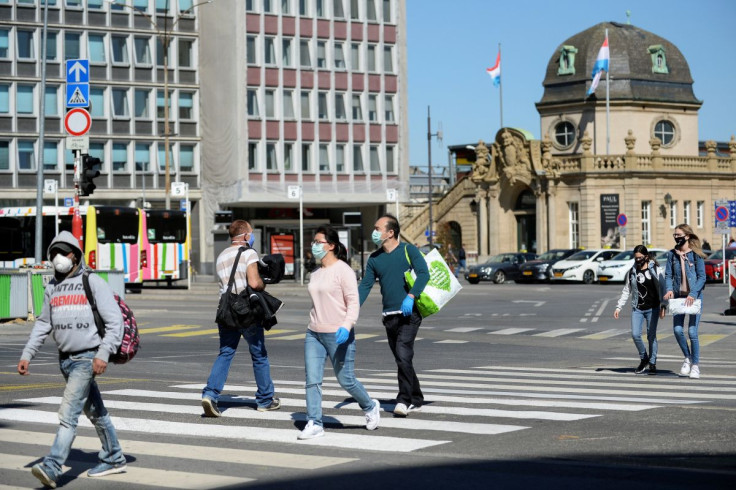Two Thirds Of Luxembourg Funds With Big Russia Exposure Suspended, Watchdog Says

Two thirds of funds in Luxembourg with heavy Russian exposure have been suspended following the Ukraine invasion, the Grand Duchy's securities regulator said on Tuesday, adding that the sector's Russian exposure is limited to 0.3% of total assets under management.
Claude Marx, director general of the Commission de Surveillance du Secteur Financier (CSSF), which regulates funds in Luxembourg, one of Europe's top fund centres, said total exposure to Russia was 18.2 billion euros ($20.02 billion), with two-thirds in equities and the rest in bonds.
Marx told a conference held by Luxembourg funds industry body ALFI that 61 funds have more than 10% of assets in Russian securities, and 41 are suspended, which means investors cannot take money out.
Western governments have introduced a welter of sanctions to cut ties with Russia. Trading in shares of companies listed in Moscow remain suspended.
Marx said the upheaval to the fund industry from the Ukraine war was less severe than when economies went into lockdown to fight COVID-19 two years ago.
"We haven't seen any other liquidity squeeze or liquidity situation as we have seen in March 2020," Marx said.
"That is not to say that it may not happen, if we have lots of corporates that run into treasury problems because of the oil and gas price and then need to create some liquidity by selling money market funds, but we haven't seen anything close to that," he said.
The CSSF, along with its British counterpart, the Financial Conduct Authority, is looking into the possible use of so-called "side pockets" as a way to segregate Russian and Belarusian assets from other investments.
QUOTAS NEEDED
Marx was also asked about boardroom diversity and he said he was disappointed with efforts by banks to increase the number of women on their boards and that quotas were the only answer.
Only one out of five board members of Luxembourg banks is a woman, and one third of all bank boards have no women at all, Marx said.
"It's quite a disaster from that point of view. We are certainly not in a good situation," Marx said.
"We are still in this self-preservation phase where typically old, white man dominates the world regardless of performance... It will not really change without coercive measures and unfortunately, we will need in our industry quotas."
© Copyright Thomson Reuters 2024. All rights reserved.




















